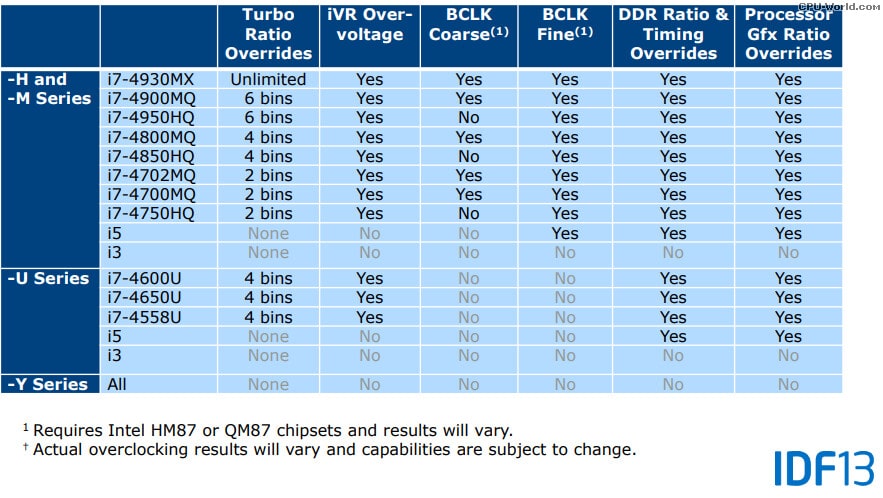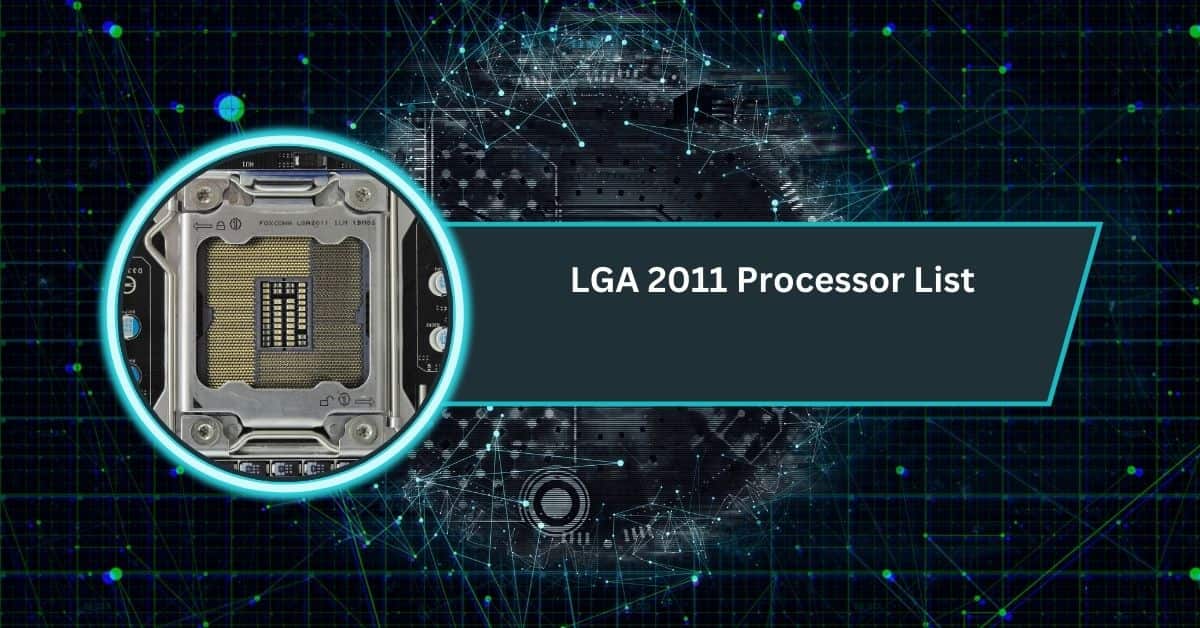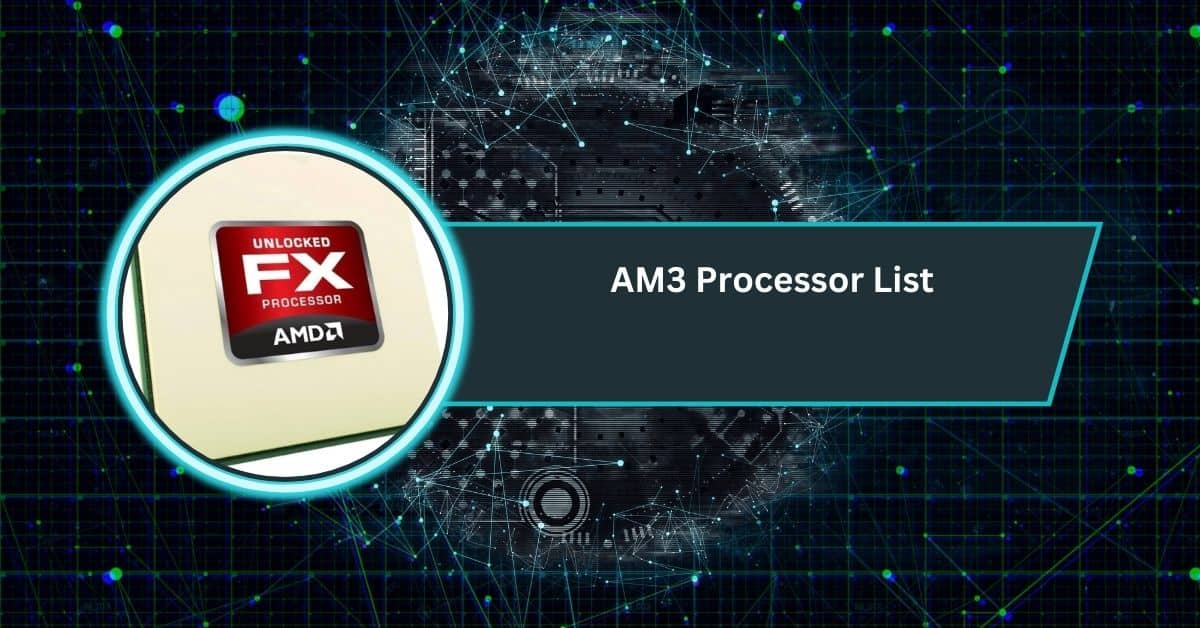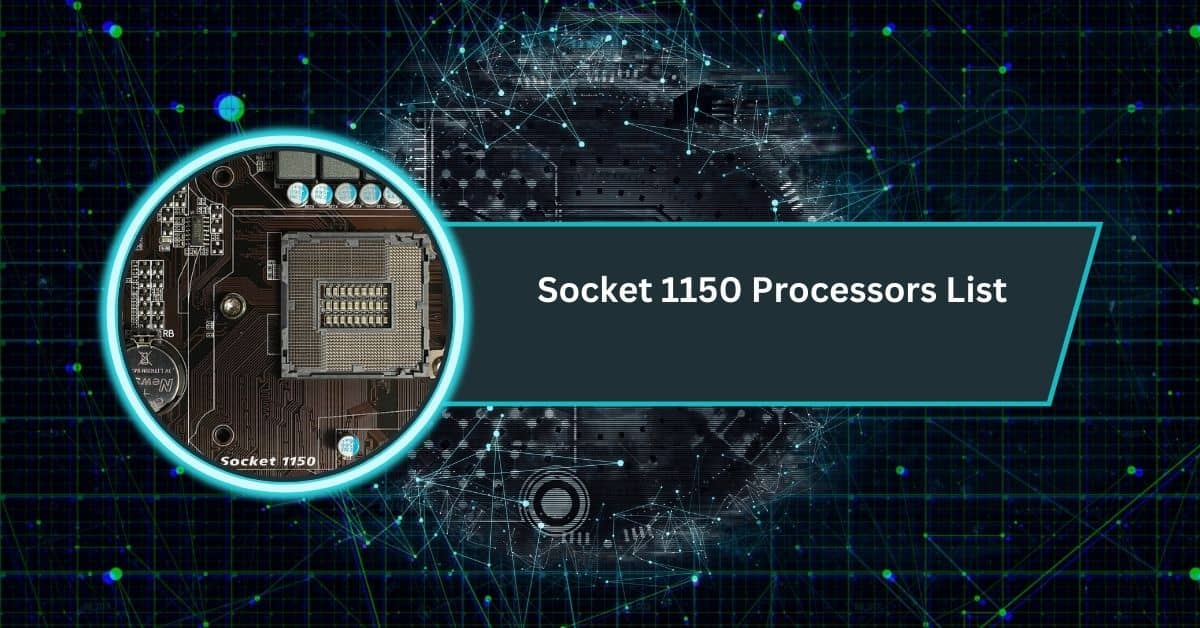Socket 1366, introduced by Intel, was a game-changer for high-performance computing when it launched in 2008.
The Socket 1366 processors list includes Intel Core i7 and Xeon models like i7-920, i7-960, i7-980X, and Xeon X5650, X5690. These CPUs offer strong performance for gaming, multitasking, and professional workstations, even in 2025.
In this article, we’ll explore the best processors, motherboards, and key features of Socket 1366, helping you decide if it’s still a good choice for your needs in 2025.
Introduction to Socket 1366
1. What Is Socket 1366?
Socket 1366 is a physical connection point on motherboards, where Intel processors like Core i7 and Xeon are installed.
It offers advanced features like support for DDR3 memory and triple-channel configurations, which help improve overall performance. This socket was designed for high-end computing, making it ideal for users who needed more power.
2. History and Purpose of Socket 1366

Introduced by Intel in 2008, Socket 1366 replaced the older Socket 775. It was designed to support Intel’s Core i7 processors, offering improved performance, faster memory, and enhanced multitasking.
It was particularly popular for high-end workstations, gaming systems, and servers, providing a robust platform for demanding applications and tasks.
3. Why Is It Popular Among Enthusiasts?
Enthusiasts love Socket 1366 for its power and flexibility. It supports overclocking, allowing users to push processors beyond their stock speeds for better performance.
The socket also offers robust multi-threading, making it great for gaming, video editing, and other demanding tasks. These features make it a popular choice for custom PC builds.
Features of Socket 1366 Processors
1. Triple-Channel Memory Architecture
Triple-channel memory allows the processor to communicate with three memory sticks simultaneously instead of just two.
This setup boosts the speed of data transfers, improving overall performance. This architecture allows users to run more demanding programs and enjoy smoother experiences, especially in gaming and professional workloads like video editing or simulation.
2. Overclocking Capabilities
Overclocking means pushing the processor to run faster than its normal speed. Socket 1366 processors, particularly those in the Core i7 series, are great for this.
Enthusiasts enjoy overclocking because it boosts performance for gaming and multitasking. However, it requires good cooling and careful adjustments to avoid damaging the hardware.
3. Performance in Gaming and Workstations
Socket 1366 processors deliver solid performance in both gaming and workstation settings. With multiple cores and high clock speeds, they efficiently handle gaming and heavy applications like video editing or 3D rendering.
These processors offer excellent multitasking abilities, making them a great choice for gamers and professionals who require smooth performance during intensive tasks.
List of Popular Socket 1366 Processors
1. Intel Core i7 Series
A. Intel Core i7-920
The Intel Core i7-920 is one of the first processors in the i7 series for Socket 1366. A quad-core design and hyper-threading provide solid performance for gaming and productivity tasks. It’s affordable and still a good option for budget builds.
B. Intel Core i7-960
The Intel Core i7-960 is a faster version of the i7-920 with a higher clock speed. This processor delivers improved performance in gaming and demanding applications.
It remains popular for people who want reliable performance without paying for the latest models.
C. Intel Core i7-980X Extreme Edition
The Intel Core i7-980X Extreme Edition is a six-core processor designed for extreme performance. It is perfect for high-end gaming, video editing, and 3D rendering.
Its overclocking potential makes it a favorite among enthusiasts who demand top-tier performance.
Read Also: Is The I3 Processor Good For Gaming – Performance Review!
2. Intel Xeon Series

A. Intel Xeon W3520
The Intel Xeon W3520 is a quad-core processor ideal for workstations. It performs well for multitasking, handling heavy applications, and running professional software. It’s a great choice for people who need a reliable processor without breaking the budget.
B. Intel Xeon X5650
The Intel Xeon X5650 is a six-core processor with excellent multitasking capabilities. It performs well in professional workstations, especially for 3D rendering and video editing tasks.
This chip is perfect for users needing reliable, high-performance computing for demanding applications.
C. Intel Xeon X5690
The Intel Xeon X5690 is a high-end six-core processor that offers top-notch performance. It’s designed for serious workstations and servers, easily handling heavy workloads.
The X5690 is perfect for professionals needing maximum reliability and power for simulation or data processing tasks.
List of Intel Core i7 Processors for Socket 1366
The Intel Core i7 900-series was the primary consumer-focused lineup for LGA 1366.
1. Bloomfield (45nm) Processors:
| Model | Cores/Threads | Base Clock | Max Turbo | L3 Cache | Released |
|---|---|---|---|---|---|
| Core i7-920 | 4/8 | 2.66 GHz | 2.93 GHz | 8 MB | 2008 |
| Core i7-930 | 4/8 | 2.80 GHz | 3.06 GHz | 8 MB | 2010 |
| Core i7-940 | 4/8 | 2.93 GHz | 3.20 GHz | 8 MB | 2008 |
| Core i7-950 | 4/8 | 3.06 GHz | 3.33 GHz | 8 MB | 2009 |
| Core i7-960 | 4/8 | 3.20 GHz | 3.46 GHz | 8 MB | 2009 |
2. Gulftown (32nm) Processors:
| Model | Cores/Threads | Base Clock | Max Turbo | L3 Cache | Released |
|---|---|---|---|---|---|
| Core i7-970 | 6/12 | 3.20 GHz | 3.46 GHz | 12 MB | 2010 |
| Core i7-980 | 6/12 | 3.33 GHz | 3.60 GHz | 12 MB | 2011 |
| Core i7-980X | 6/12 | 3.33 GHz | 3.60 GHz | 12 MB | 2010 |
| Core i7-990X | 6/12 | 3.46 GHz | 3.73 GHz | 12 MB | 2011 |
Comparison of Core i7 and Xeon Processors
1. Performance Differences
Core i7 processors perform excellently for gaming and everyday use, offering fast speeds for single-threaded tasks.
Xeon processors are built for heavy workloads and multitasking, delivering better performance in professional environments, such as data processing and video editing, thanks to more cores and threads.
2. Pricing and Availability
Core i7 processors are generally more affordable and widely available, especially for gaming and home PC builds.
Xeon processors are more expensive and have limited availability, but they are priced accordingly for their superior performance in professional and enterprise environments.
Applications and Use Cases
1. Gaming and Streaming
Core i7 processors are the better choice for gaming and streaming due to their high clock speeds and strong single-core performance.
They handle modern games and streaming software well, delivering a smooth experience for gamers and content creators looking for top performance.
2. Professional Workstations
Xeon processors are ideal for professional workstations because of their multi-core strength and stability. They effectively handle heavy tasks like 3D rendering, video editing, and simulation.
Xeon’s reliability and higher thread count make it a better option for professionals needing continuous, efficient performance.
3. Servers and Data Centers
Xeon processors dominate servers and data centers because they are built for reliability and high performance under heavy loads.
With more cores and advanced features like ECC memory support, Xeon processors ensure smooth operation for business-critical applications and large-scale data processing.
Socket 1366 Motherboards

1. Compatible Motherboard Chipsets
Popular chipsets for Socket 1366 include the Intel X58, which offers great performance and supports features like triple-channel memory and SLI/Crossfire.
The X58 chipset ensures smooth operation for demanding tasks and high-performance applications in gaming and workstations.
2. Popular Motherboard Models
Some well-known Socket 1366 motherboard models include ASUS P6X58D-E, Gigabyte GA-X58A-UD3R, and MSI X58 Pro-E.
These motherboards are highly regarded for their stability, overclocking capabilities, and support for high-end features, making them ideal for enthusiasts and professionals.
Must Know: Do Intel K Processors Have Integrated Graphics: Must Read!
3. Considerations for Upgrades
When upgrading a Socket 1366 system, ensure the new processor is compatible with your motherboard’s chipset.
You may also need to update your BIOS or change the motherboard to support faster memory, more PCIe lanes, or newer processors.
Is Socket 1366 Still Worth It in 2025?
In 2025, Socket 1366 is still worth considering for budget builds or retro gaming. While it’s outdated compared to newer systems, it remains reliable for older tasks. However, newer sockets are a better choice for modern gaming and high-end workloads.
How to Choose the Right Socket 1366 Processor
To choose the right Socket 1366 processor, consider your needs. For gaming, a fast quad-core like the i7-960 is great. Use a six-core model like the i7-980X or an Xeon processor if you need heavy multitasking.
LGA 1366 best CPU
The best LGA 1366 CPU is the Intel Core i7-980X Extreme Edition. With six cores and excellent overclocking potential, it offers outstanding performance for gaming, multitasking, and professional tasks like video editing or 3D rendering, making it a top choice.
LGA 1366 Motherboard
When choosing an LGA 1366 motherboard, look for one with the Intel X58 chipset. Popular models like the ASUS P6X58D-E and Gigabyte GA-X58A-UD3R provide stability, multi-GPU support, and overclocking capabilities, making them perfect for high-performance setups.
Socket 1366 Processors List For Gaming
Socket 1366 processors, like the i7-920, i7-960, and six-core i7-990X, were popular for gaming years ago.
Today, they can still handle older or mid-range games if paired with a decent graphics card and enough DDR3 memory.
Socket 1366 processors list 2025

- Intel Core i7-920
- Intel Core i7-960
- Intel Core i7-980X Extreme Edition
- Intel Xeon W3520
- Intel Xeon X5650
- Intel Xeon X5690
- Intel Xeon X5570
- Intel Xeon X5560
- Intel Xeon X5570
- Intel Xeon W3580
LGA 1366 Generation
The LGA 1366 generation, introduced in 2008, includes Intel Core i7 and Xeon processors. It brought major improvements in performance, such as multi-core processing and triple-channel memory.
However, it is now considered outdated compared to newer generations like LGA 1151 and LGA 1200.
LGA 1366 Xeon
LGA 1366 Xeon processors, like the Xeon X5650 and X5690, are designed for workstations and servers.
These processors provide more cores and support for ECC memory, offering great reliability and performance for tasks such as data processing, 3D rendering, and scientific calculations.
Read Out: LGA 1150 Processor List – Features, Benefits and More!
Xeon LGA 1366 CPU List
- Intel Xeon X5650
- Intel Xeon X5690
- Intel Xeon X5570
- Intel Xeon X5560
- Intel Xeon W3520
- Intel Xeon W3580
- Intel Xeon X5570
LGA 1366 fastest CPU

The fastest LGA 1366 processor is the Intel Core i7-990X Extreme or Xeon W3690, both six-core chips running up to 3.73 GHz. These CPUs still perform well for light tasks, retro gaming, and workstation projects.
LGA 1366 Xeon list
Xeon processors for LGA 1366 include the W35xx series (quad-cores), W36xx series (six-cores), and powerful dual-socket Xeon 55xx/56xx families.
Popular models like X5670, X5675, and X5690 remain common choices for budget servers, workstations, and enthusiast builds today.
LGA 1366 i7
The LGA 1366 Core i7 family includes the first i7 processors: 920, 930, 950, 960, and high-end Extreme Editions like 965, 975, 980X, and 990X. These chips introduced triple-channel DDR3 and solid performance for gamers.
FAQs
1. Best gaming CPU on LGA 1366?
The best gaming CPU on LGA 1366 is the Intel Core i7-980X Extreme Edition, offering six cores and excellent performance.
2. Intel XEON CPU MEGA LIST
Intel Xeon CPUs for LGA 1366 include the X5650, X5690, W3520, and X5570, all suitable for workstations and servers.
3. What processor is socket 1366?
Socket 1366 supports Intel Core i7 and Xeon processors, designed for high-performance computing in gaming and professional applications.
4. What is the best processor for socket 1366?
The best processor for Socket 1366 is the Intel Core i7-980X Extreme Edition, offering great performance for gaming and multitasking.
5. What is the difference between socket 1366 and 1156?
Socket 1366 supports more cores and offers triple-channel memory, while Socket 1156 is for mainstream, dual-core processors.
6. What is the difference between LGA 1150 and LGA 1366?
LGA 1150 is newer, uses dual-channel DDR3, while LGA 1366 is older, supports triple-channel memory and higher-end CPUs.
7. What processors use LGA 1366?
LGA 1366 supports Intel Core i7-900 series, Xeon 3500, Xeon 3600, plus Xeon 5500 and 5600 families.
8. What is the successor of LGA 1366?
The successor to LGA 1366 is LGA 2011, which introduced quad-channel memory and more powerful Sandy Bridge-E processors.
9. When did socket 1366 come out?
Socket 1366 launched in late 2008 with Intel’s Core i7-900 series, bringing triple-channel DDR3 memory and QPI technology.
10. Does AMD use LGA now?
Yes, AMD uses LGA sockets for some new processors, like Ryzen Threadripper and EPYC, while mainstream Ryzen uses AM5.
Conclusion
In conclusion, Socket 1366 remains a solid choice for budget-friendly builds and retro systems in 2025. While it may not compete with modern hardware in terms of performance, its reliability and affordability make it a viable option for specific use cases.















